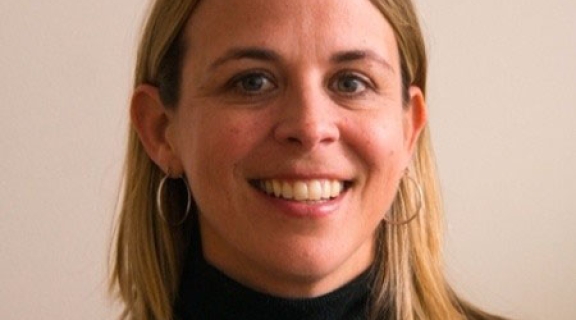
Creating Trauma-Sensitive, Safe and Supportive School Cultures for All Students
Overview
Description
Currently, students’ ability to manage day-to-day at school, meet academic workload demands, and engage in positive relationships has been compromised by their decreasing sense of connection in school. Schools report students’ declining attendance rates, escalating anxiety and depression, along with increases in disruptive behavior. At the same time, there are growing concerns about educators’ well-being. TLPI’s work offers a possible solution: creating trauma-sensitive, antiracist school cultures that engage students as well as educators through strengthening community, relationships, and trust, where all experience a true sense of belonging. This webinar is designed to strengthen school-based counselors’ deepening understanding of the critical role of trauma-sensitive school cultures in supporting students’ academic success and fostering wellbeing.
Learning Objectives
After completing this webinar, participants will be able to:
- Describe how educators can engage in a process of collective inquiry and reflection which leads to shifts in thinking and in practice that result in trauma-sensitive, antiracist school culture change. This school culture in turn affirms students’ cultural identity and increases their sense of belonging.
- List the attributes of a trauma-sensitive school.
- Explain the efficacy and benefits of TLPI’s Inquiry-Based Process for creating trauma-sensitive, antiracist school culture change.
- Discuss how best to incorporate inclusive, school-based, decision-making practices that promote Safe and Supportive School cultures.
Presenter Bio
Marissa T. del Rosario, LICSW is a Trauma-Sensitive Schools Specialist with the Trauma and Learning Policy Initiative (TLPI), a program of Harvard Law School’s Youth Advocacy and Policy Lab (Y-Lab). In this role, she supports TLPI’s work with educators in creating trauma-sensitive, safe and supportive schools, and participates in TLPI’s innovative Students Speak initiative, supporting young people to raise their voice in educational decision-making. Prior to joining TLPI, Marissa worked in urban and rural school districts as both an educator and as a licensed clinical social worker. She has expertise in working with students, families, and school personnel at all levels to help remove barriers to students’ educational success.
Webinar Format
The Zoom webinar will be live, recorded, closed captioned, and offered in English with a Spanish translation audio feed. Participants will be able to ask questions via Q&A function.
Disability Access
SF State Department of Counseling’s Equity and Justice – Focused Integrated Behavioral Health project welcomes persons with disabilities and will provide reasonable accommodations (including ASL interpretation) upon request. If you need reasonable accommodations for this event, please make your request by contacting Julie Chronister jchronis@sfsu.edu by Thursday 11/20/25.
Continuing Education Information
The Department of Counseling at San Francisco State University, an accredited post-secondary educational institution, maintains responsibility for the program and its content. Real-time attendance at this webinar has been approved for 2.0 hours of continuing education credit for LMFT, LPCC, and/or LCSW as required by the California Board of Behavioral Sciences (BPC 4980.54, 4989.34, 4996.22, 4999.76). Please direct concerns about this course or its content to Tiffany O’Shaughnessy, PhD taosh@sfsu.edu
There is no cost to attend this webinar. Participants licensed in California by the BBS desiring CEU credit for attending this webinar will be directed to sign in at the start of the webinar and will be required to provide an evaluation of the session directly following the webinar and verify their participation and attendance. CEU certificates will be emailed to participants who successfully complete both the sign in and evaluation process.